The Department of Educational Psychology at the University of Utah is home to a variety of labs, centers, and clinics dedicated to advancing mental health, educational assessment, and learning technologies. These facilities provide essential services and conduct cutting-edge research to support individuals across the lifespan, from children to adults. The clinics offer therapy and evaluation services, while the research labs explore diverse topics such as cognitive mechanisms, multimedia learning, artificial intelligence in education, and more. Each facility is led by distinguished professionals committed to improving lives through innovative practices and impactful research.
Centers

Mountain Prevention Technology Transfer Center (PTTC)
Center Director: Dr. Jason Burrow-Sanchez
The Mountain Plains Prevention Technology Transfer Center (PTTC) is a partnership between the Department of Educational Psychology in the College of Education and the School of Dentistry at the University of Utah. Our mission is to strengthen the workforce pipeline for pre-professionals and professionals in the substance misuse prevention and health care fields by delivering evidence-based Trainings and Technical Assistance (TA) in the six-states (Colorado, Montana, North Dakota, South Dakota, Utah, Wyoming) comprising Region 8.
View PPTC website
Clinics
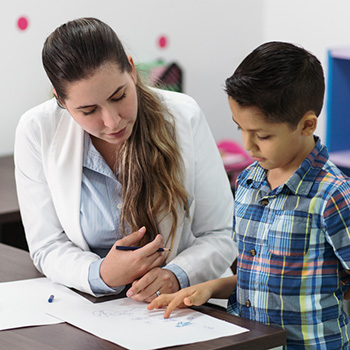
Educational Assessment and Student Support Clinic (EASSC)
Clinic Director: Dr. KayLeigh Brennan
The EASSC is a training clinic housed within the University of Utah’s Educational Psychology Department and provides services to children, adolescents, and their families. We offer comprehensive psychoeducational evaluations, including assessment for concerns such as learning difficulties, ADHD, and autism spectrum disorder, among others. In addition to our evaluation services, we have the capacity to provide individual therapy services for children and adolescents.
View EASSC website

Utah Community Mental Health Clinic
Clinic Director: Dr. Natalie Noel
The Utah Community Mental Health Clinic provides individual therapy services to adults aged 18 and older. While we are housed at the University of Utah, we serve the larger community of Utah and services are not limited to just students. We offer accessible, low-cost individual counseling during the academic year.
View UCMHC website
Research labs
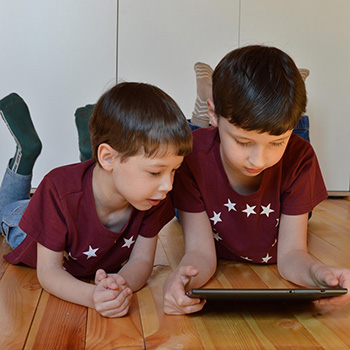
Cognition, Learning and Technology (CLT) lab
Lab Director: Dr. Robert Zheng
CLT lab focus broadly on cognition and learning technologies including multimedia and web-based learning, individual differences, online social network and communication, and complex problem solving. We are interested in observing (a) the constraints of human cognitive capacity in highly demanding tasks such as multiple rule-based problem solving and (b) how learning technologies can alleviate such constraints by reducing, for example, the working memory load associated with complex learning.
Contact Dr. Zheng for more information.
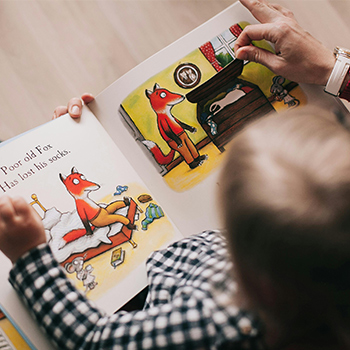
EARLY Lab
Lab Director: S. Claire Son
The EARLY Lab is actively investigating early development of reading behaviors, engagement, and learning. We are also interested in identifying important predictors of early literacy, including various technologies and teaching practices in home, classroom, and community contexts. Current projects attempt to integrate academic research, community outreach, and policy initiatives, and empower local educational and community agencies.
View EARLY Lab website

MIND (Multimedia and Instructional Design) Lab
Lab Director: Dr. Kirsten Butcher
Researchers in this lab explore how multimedia materials, online interactions, and instructional scaffolds influence learning processes and outcomes. Research studies focus on how features of educational technologies can be leveraged to engage learners in the higher-order cognitive processes that result in deep, long-lasting understanding.
Contact Dr. Butcher for more information.
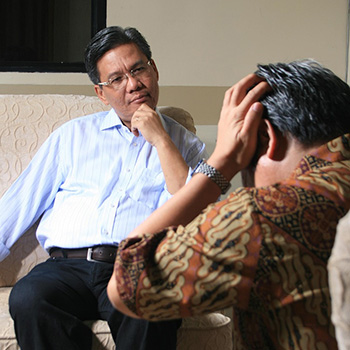
Psychotherapy Science Lab
Lab Director: Dr. Zac Imel
Our work is focused on developing and testing innovative solutions to reducing the burden of mental health problems by improving the quality of behavioral health services. Research spans the full spectrum of mental healthcare from detailed lab based studies to population level evaluations of treatment quality
Contact Zac Imel for more information.
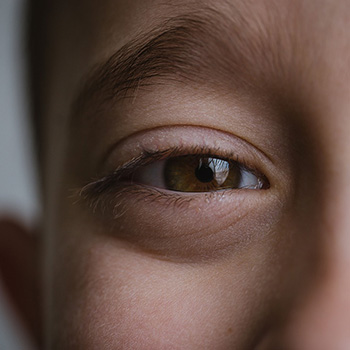
Reading Laboratory
Lab Director: Dr. Anne Cook
The Reading Laboratory is located in the BUC building on campus. The Laboratory features an eye-tracker as well as other psychophysiological and response time measurement tools. Research in this lab addresses questions related to cognitive mechanisms involved in reading comprehension, as well as more complex academic tasks and applied domains (e.g., problem solving, internet search, autism, detection of deception, medical expertise).
Contact Anne Cook for more information.
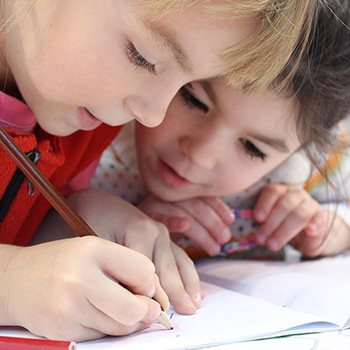
Science of Learning and Reading (SOLAR) Lab
Lab Directors: Dr. Brendan Schuetze and Dr. Anne Cook
Research in the SOLAR Lab centers on developing and applying quantitative methods to study psychological processes like memory, metacognition, and motivation in self-regulated learning and reading. Dr. Schuetze develops computational models to support lasting learning and evaluate educational interventions, while Dr. Cook investigates the cognitive processes behind reading comprehension and complex thinking. Graduate students gain training in experimental psychology, statistical modeling, and theory development.
Contact a SOLAR Lab directors for more information.
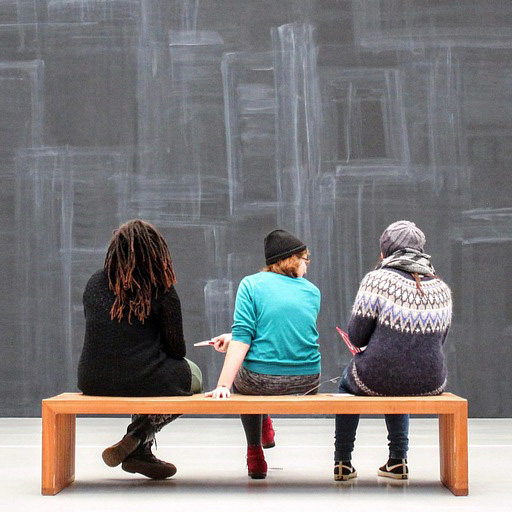
SLIC Lab
Lab Director: Dr. Lynne Zummo
Studying Learning in Context (SLIC) Lab studies learning processes in a variety of naturalistic contexts, including museum galleries, the outdoors, digital spaces, and K-12 classrooms. Using interdisciplinary approaches to theory and mixed methods, we examine social, cultural, and cognitive influences on learning process around modern and often socially contentious issues in science. Research aims to support all people in using science to make sense of the world in their daily lives in ways that fit with their ideas of who they are.
Contact Lynne Zummo for more information.

STEM Learning Lab
Lab Directors: Dr. Tracy Dobie, Dr. Lauren Barth-Cohen, and Dr. Lynne Zummo
This research group explores student and teacher learning using cognitive and sociocultural theories across formal and informal settings. Recent work focuses on enhancing elementary math and science methods courses with innovative tools for pre-service teachers. Key topics include reasoning in STEM, engagement and power dynamics, and identity and culture in learning. Collaboration with teachers and schools is central. Graduate students gain experience in collecting and analyzing qualitative and quantitative data, with specialized training in mixed methods and access to tools like video equipment and analysis software.
Contact a STEM Lab directors for more information.
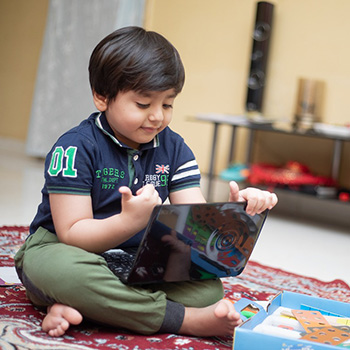
TRAIL Lab
Lab Director: Dr. Chenglu Li
Directed by Chenglu Li, the TRAIL Lab focuses on interdisciplinary research using AI, learning sciences, and learning analytics to design, develop, and evaluate educational technologies and computing models to transform STEM learning. The lab's primary mission is to augment and evolve foundational research, methodologies, and practices, with a strong emphasis on fostering teaching and learning in STEM fields.
Contact Dr. Li for more information.
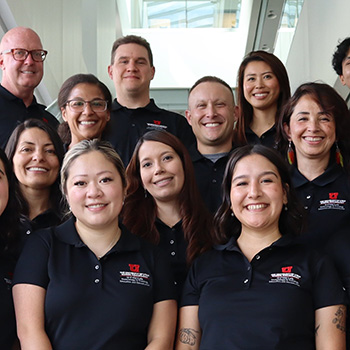
U-TTEC Lab
Lab Director: Dr. Aaron Fischer
University of Utah Technology in Training, Education, and Consultation (U-TTEC) Lab is a contemporary research lab in the School Psychology Program. The lab focuses on applying cutting-edge technology to current evidence-based practices in school psychology, pediatric psychology, and applied behavior analysis including consultation, behavior assessment and intervention, pediatric feeding problems, and school mental health. The lab provides high-quality training opportunities in applied research and clinical practice for graduate students across behavior health fields.
View U-TTEC website
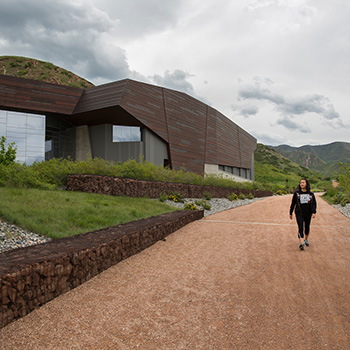
Zummo Lab
Lab Director: Lynne Zummo
Dr. Zummo’s research is conducted in both the Educational Psychology Department and the Natural History Museum of Utah. Research examines social, cultural, and cognitive influences on how learners’ make sense of issues that are both tied to scientific concepts and societally contentious, such as the changing climate and what to do about it. Drawing on sociocultural theory, as well as concepts from communication, Dr. Zummo uses mixed methods to understand how people think, learn, and teach about these issues. Her research aims to support all people in using science to make sense of the world in their daily lives in ways that fit with their ideas of who they are.
Contact Dr. Lynne Zummo for more information.
